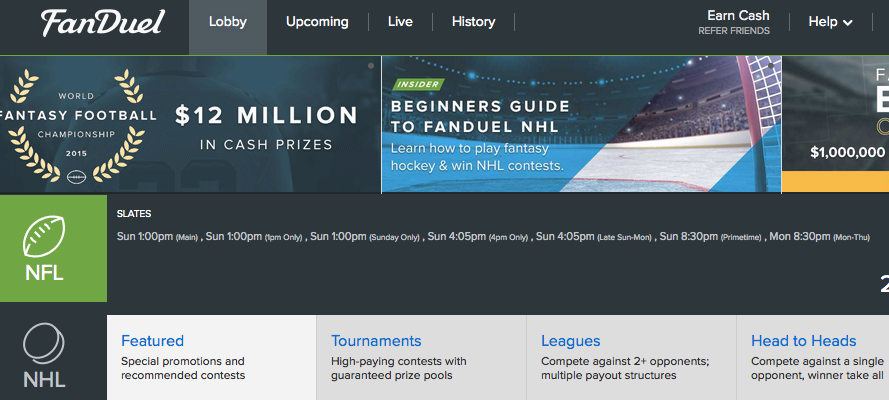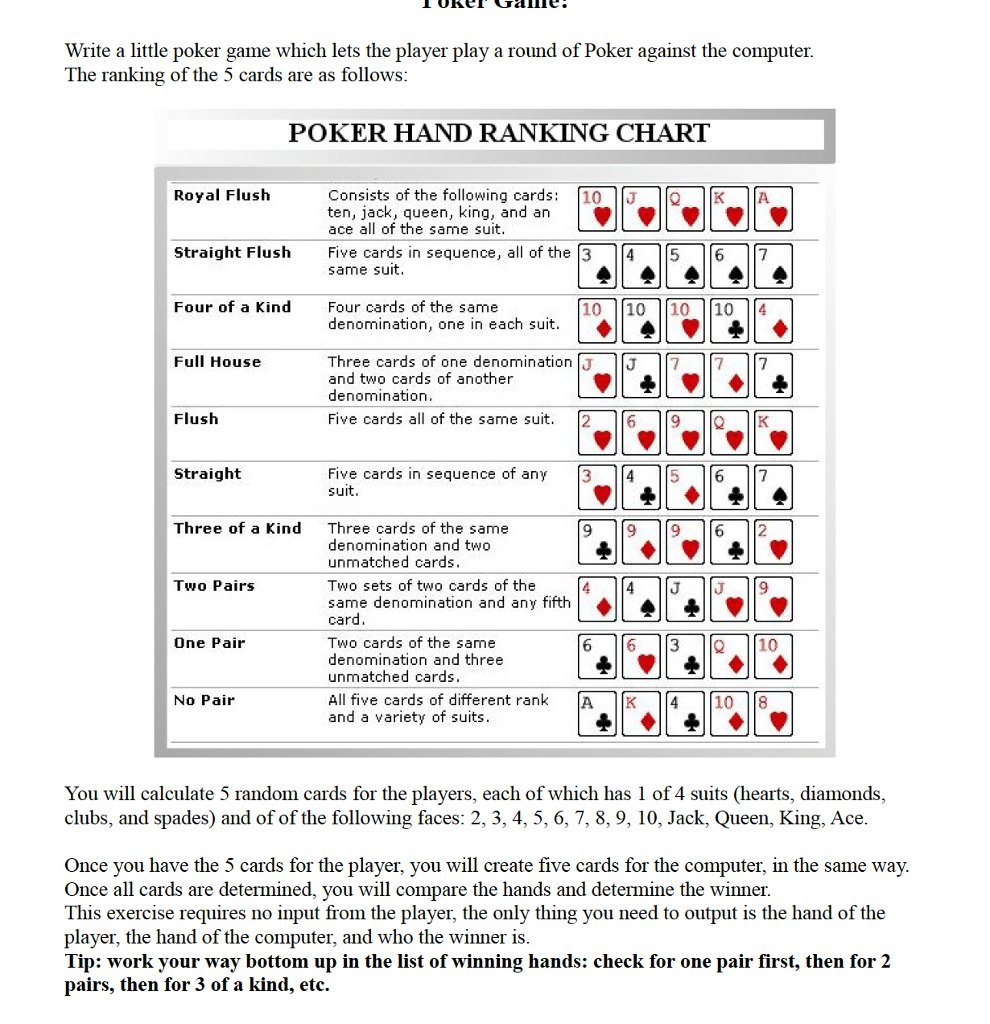- Florida Gambling Regulations
- Online Gambling Rules And Regulations
- Gauteng Gambling Board Rules And Regulations
- Limpopo Gambling Board Rules And Regulations
- Board Meeting Rules And Regulations
Gauteng gambling board rules and regulations you twice the amount you deposited, and a lot of the times you will not be faced with too gauteng gambling board rules and regulations high wagering requirements. Usually, you will see wagering requirements similar to the more common 100% bonus. Printed from the Iowa Racing and Gaming Commission website on January 09, 2020 at 2:40am.Iowa Racing and Gaming Commission website on January 09, 2020 at 2:40am. Dec 26, 2019: public meeting notice of december 30 meeting of the agriculture and new york state horse breeding development fund Dec 05, 2019: new york state gaming commission wants you to remember that age matters when gifting lottery tickets Nov 14, 2019: gaming commission invites charitable organizations to learn the do’s and dont’s of raffle fundraisers. KZN Gaming and Betting Board regulations (Zulu) KZN Gaming and Betting Board regulations (English) KZN Gaming and Betting Board regulations (Afrikaans) Treasury regulations for departments and public entities New KZN Gaming and Betting Board regulations (Promulgated).
A gaming control board (GCB), also called by various names including gambling control board, casino control board, gambling board, and gaming commission) is a government agency charged with regulatingcasino and other types of gaming in a defined geographical area, usually a state, and of enforcing gaming law in general.
- 1Rules and regulations
- 3Gaming control boards
- 3.2Regional and tribal associations
- 3.2.3North America
- 3.2Regional and tribal associations
Rules and regulations[edit]
Gaming control boards are usually responsible for promulgating rules and regulations that dictate how gaming activities are to be conducted within a jurisdiction. The rules and regulations stem from the jurisdiction's enabling act. Generally, the enabling act is passed by the legislature and sets forth the broad policy of the jurisdiction with regard to gaming; while the rules and regulations provide detailed requirements that must be satisfied by a gaming establishment, its owners, employees, and vendors. Typically, rules and regulations cover a broad range of activity, including licensing, accounting systems, rules of casino games, and auditing.
Licensing[edit]
Gaming control boards also have complete authority to grant or deny licenses to gaming establishments, their ownership, employees, and vendors. Generally, in order to obtain a license, an applicant must demonstrate that they possess good character, honesty and integrity. License application forms typically require detailed personal information. Based upon the type of license being sought, an applicant may also be required to disclose details regarding previous business relationships, employment history, criminal records, and financial stability.
Generally, the gaming license application process and subsequent investigation is quite burdensome in comparison to the process of obtaining other government-issued licenses. The difficulty of the process is intended to dissuade participation by unsavory people and organized crime.
Recently, in order to simplify the application process, various gaming control boards have collaborated on the design of 'multi-jurisdictional' application forms. Persons or vendors who are involved in gaming in multiple jurisdictions may now complete one application form and submit copies to each jurisdiction.
Enforcement[edit]
In some cases, Gaming Control Boards are responsible for enforcing the rules and regulations that they create. In other cases, a separate body or a division of the Gaming Control Board carries out the enforcement function. Most Gaming Control Boards have full authority to hear and decide civil cases brought before them by the enforcement body and thus are considered quasi-judicial bodies.
Gaming control boards[edit]
Inter-regional associations[edit]
- Gaming Regulators European Forum (GREF)
- International Association of Gaming Regulators (IAGR)
- North American Gaming Regulators Association (NAGRA)
Regional and tribal associations[edit]
Asia[edit]
- Macau: Macau Gaming Inspection and Coordination Bureau
- Singapore: Casino Regulatory Authority of Singapore
Europe[edit]
- Denmark: Spillemyndigheden
- france : service central des courses et des jeux , part of Central Directorate of the Judicial Police
- Gibraltar: Gibraltar Regulatory Authority
- Hungary: Gaming Board of Hungary
- Malta: Malta Gaming Authority
- Norway: Norwegian Gaming and Foundation Authority - part of Ministry of Culture
- Portugal: Inspectorate General on Gaming
- Slovenia: Office for Gaming Supervision - part of the Ministry of Finance
- Sweden: National Gaming Board
- United Kingdom: Gambling Commission
- Alderney: Alderney Gambling Control Commission
- Isle of Man: Isle of Man Gambling Supervision Commission
North America[edit]
Canada[edit]
In Canada, gambling is regulated exclusively by the provinces rather than federal law. But there is also the National Trade Association of Canada - The Canadian Gaming Association (CGA). This works to advance the development of Canada's gaming industry. The association’s mandate is to promote the economic value of games in Canada; Use research, innovation and best practices t.[1][2] Regulatory agencies include:
- Nova Scotia Alcohol and Gaming Authority
- Quebec Régie des Alcools des Courses et des Jeux
United States[edit]
In the United States, gambling is legal under federal law, although there are significant restrictions pertaining to interstate and online gambling.
States[edit]
Individual states have the right to regulate or prohibit the practice within their borders. Regulatory agencies include:
- California Gambling Control Commission
- Delaware Lottery
- Maryland Lottery (Controls both the lottery and the state's slot-machine program)
- Nevada Gaming Commission[3]
- New Jersey Casino Control Commission
Tribes[edit]
In the United States, some Native American tribal nations have established their own gaming control boards for the purpose of regulating tribe-owned casinos located within reservations. Although the tribal nation also owns the casino, appointing an independent gaming control board to oversee regulatory activities provides tribal members with assurances that the casino is operated within expected standards and that tribal revenue is accurately collected and reported. Native American casinos are subject to the provisions of the Indian Gaming Regulatory Act, which is enforced by the National Indian Gaming Commission (NIGC). The NIGC establishes minimum internal control standards and other requirements that each Native American gaming control board must follow. However, the NIGC does not have jurisdiction over state-regulated entities.
How to win online texas holdem poker. Now just add a bit of skill and you'll have your first winnings!It doesn't really matter whether you are a newbie without basic knowledge of rules or a weathered poker-shark, you will find a level suitable for you.Come and join the club where poker fans from all over the world gather to play and chat about the best poker game in the world.Game features:. Free daily Gold. Smart AI, it let you play like a real one. Rich tasks system, you can get a lot of chips for complete the task. It is the best free offline texas hold'em poker club game from all over the world.Do you love poker?
Oceania[edit]
Florida Gambling Regulations

- New South Wales, Australia: Gaming Tribunal of New South Wales
- Queensland, Australia: Queensland Office of Gaming Regulation/Queensland Gaming Commission
- Victoria (Australia): Victorian Commission for Gambling Regulation
- South Australia: South Australia Independent Gambling Authority
References[edit]
Online Gambling Rules And Regulations
- ^'Canadian Gaming Association'. canadiangaming.
- ^'CanadianFreeSlots'. May 15, 2019.
- ^'Gaming Regulation in Nevada'(PDF). Archived from the original(PDF) on August 9, 2007. Retrieved 2007-08-17.
External links[edit]
Gaming law is the set of rules and regulations that apply to the gaming or gambling industry. Gaming law is not a branch of law in the traditional sense but rather is a collection of several areas of law that include criminal law, regulatory law, constitutional law, administrative law, company law, contract law, and in some jurisdictions, competition law. At common law, gambling requires consideration, chance and prize, legal terms that must be analyzed by gaming lawyers within the context of any gaming operation.[1]
Gauteng Gambling Board Rules And Regulations
Gaming law is enormously complex. In the United States, it involves federal and state law considerations.[2][3] In Canada, it involves federal and provincial law considerations, in a variety of legal disciplines.[4]
United States[edit]
In the United States, illegal gambling is a federal crime if it is done as a business.[2] However, each of its states has its own laws regarding the regulation or prohibition of gambling.[3] States that permit such gaming usually have a gaming control board established to oversee the regulation of the industry, such as licensing of those employed in the gaming industry. States that permit casinos and similar forms of gaming often have strict zoning regulations to keep such establishments away from schools and residential areas.
Other jurisdictions[edit]
Limpopo Gambling Board Rules And Regulations
- Gambling Act 2005 (UK)
- Gaming Act 1845 (UK, repealed)
- Interactive Gambling Act 2001 (Australia)
See also[edit]
References[edit]
- ^Rose, I. Nelson; Owens, Martin D., Jr. (2009). Internet Gaming Law(PDF) (2 ed.). Mary Ann Leibert, Inc. Publishers. pp. 11–13. ISBN9781934854129. Retrieved 24 September 2017.
- ^ abFor federal law, see, e.g., '18 U.S. Code § 1955 - Prohibition of illegal gambling businesses'. Legal Information Institute. Cornell Law School. Retrieved 24 September 2017.
- ^ abHumphrey, Chuck. 'State Gambling Laws'. Gambling Law US. Archived from the original on 7 October 2011. Retrieved 24 September 2017.
- ^Hincer, Illkim (1 November 2016). 'Gaming in Canada: overview'. Practical Law. Thomson Reuters. Retrieved 24 September 2017.
External links[edit]
Board Meeting Rules And Regulations
- Center for Gaming Research at the University of Nevada, Las Vegas; produces reports, papers, and a monthly update
